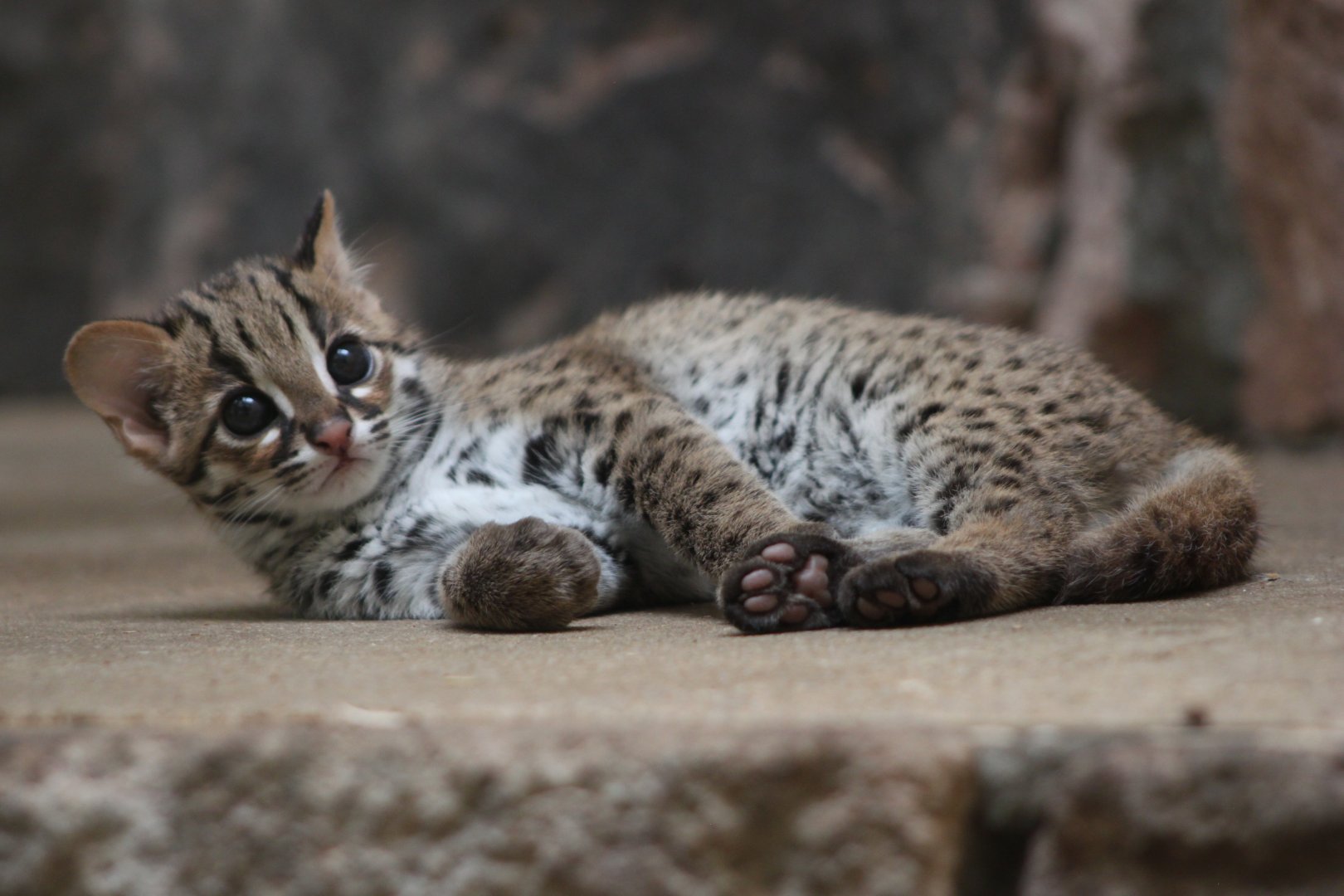The latest issue of The Economist has a long profile of the elephant that makes a convincing case of the species as a mirror for human society. Not much of it is new reporting, but it’s gripping stuff nonetheless. Some highlights:
…human beings aside, no species on Earth has a more complex society than that of elephants. And elephant society does indeed have parallels with the way humans lived before the invention of agriculture.
Elephants have large hippocampuses — 40 percent bigger than humans — which means they really do have good memories, which they need in order to function in group settings:
…a clan will usually have at least 100 adult members, and may have twice that, this means an adult (an adult female, at least) can recognise and have meaningful social relations with that many other individuals.
A figure of between 100 and 200 acquaintances is similar to the number of people with whom a human being can maintain a meaningful social relationship—a value known as Dunbar’s number, after Robin Dunbar, the psychologist who proposed it. Dunbar’s number for people is about 150.
They are among a very small number of species capable of abstract thinking:
…experiments conducted on domesticated Asian elephants (easier to deal with than African ones) show that they can use novel objects as tools to obtain out-of-reach food without trial and error beforehand.
Elephants have a very particular — one might say human — reaction to the dead:
Elephant corpses are centres of attraction for living elephants. They will visit them repeatedly, sniffing them with their trunks and rumbling as they do so.
The connection to China, while pushed to the very end of the article, is nonetheless crucial.
By the end of this year, all ivory sales will be banned in this country, a development that just might save the elephant from its biggest enemy: human poachers.
From The Economist:
Already, the price of the stuff in China has come down by two-thirds, from a peak of $2,100 a kilogram in 2014 to $730 earlier this year. That is bad news for smugglers, and for the poachers who supply them. If the Chinese ban really does stick, rather than driving the trade underground, then it is just possible that historians of the future will record 2017 as having been the year of the elephant.
And this, from National Geographic:
Last week China shut down 67 ivory facilities, which includes 12 of 35 ivory carving facilities and 55 of 130 ivory shops, with plans to shut down all of these facilities by 2018. Besides the closure of its ivory market, the report suggests China’s crackdown on illegal ivory and economic slowdown, as well as a general increase in awareness about elephant poaching and ivory, have helped drive the price of ivory down. That mix of events, while a detriment to the livelihoods of those in the ivory business, is precisely what needs to happen in order to help stop poaching, elephant advocates say.
…
“China must be encouraged for doing the right thing,” says Resson Kantai Duff of Save the Elephants. “There is still a long way to go to end the excessive killing of elephants for ivory, but there is now greater hope for the species. China has shown great leadership, and deserves commendation.”
These are good developments. Listen to Yao Ming, people: “When the buying stops, the killing can too.”
Conserve elephants. They hold a scientific mirror up to humans [The Economist]



















